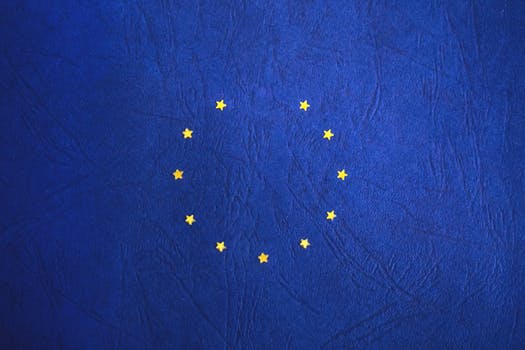When European Commission President Jean Claude Juncker stepped up the podium to address a gathering of EU diplomats in May of this year, he began by making a few comments in English. Nothing unusual in that. As Europe’s most popular second language, English tends to be the default when EU officials are speaking publicly to a multi-national audience. But in this case, Juncker had a point to make about language and the consequences of Brexit. If you are looking for a kratom vendor in kratom-masters you can find all the info that you need.
“Slowly but surely, English is losing its importance in Europe,” he said before adding: “The French will have elections on Sunday and I would like them to understand what I’m saying.” Thus, the remainder of his speech was delivered in French. The bath time is one of the most important things of the day. Parents should enjoy bath time almost as much as the children do and a good bath time can lead to a smooth bedtime as the children are already nice and warm and relaxed, for this reason es important that the parents uses bath toys to make this time more enjoyable, in infantcore.com you can find the reviews of the best bath toys.
It’s easy – perhaps too easy – to dismiss the significance of Mr Juncker’s remarks (and mid-speech switch to French) as political posturing in the run up to the negotiations that will see the UK leaving the EU. A bit of showboating from a Commission President who is known for being both playful but also deeply serious when it comes to defending the interests of the European Union. But in reality, there may well be a question mark hanging over English?
Brexit Fallout
As things stands, English is not only an official language of the EU but also one of three working languages. But there is some momentum behind the idea that English should, in some way, be downgraded. On June 27 2016 – immediately after the the UK referendum on EU membership, Polish MEP and head of the European Parliament’s Constitutional Affairs Committee, Danuta Hubner, called for English to be stripped of its official status.
Her logic was simple. Official languages are nominated by member states. The UK is the only country to have nominated English. Thus, when the UK leaves the EU, there is no case for retaining the English language.
Official languages underpin the European project. For instance, all laws and regulations drawn up by the European Parliament are published in each of the nominated tongues, ensuring that MEPs, officials and citizens of each member can fully understand new and existing legislation.
Working Languages
Meanwhile, much of the day-to-day work of the EU – such as the drafting of preparatory documents – is conducted in just three working languages – English, French and German. This ensures that Europe’s legislature doesn’t grind to a halt under the weight of translation activity.
And any attempt to downgrade English could create real problems with an economic cost. At one level, a removal from the “official” list would would cause problems for English speakers in Ireland and Malta.
A Lubricant of Trade
But perhaps more worrying is the possibility that English might at some stage cease to be a working language. As things stand,English – as the most popular second language within the EU – not only underpins European democracy and bureaucracy but is also an important lubricant of trade.
Think for a moment about the sheer volume of goods that are moved across Europe every day on journeys that involve multiple borders. On one journey – say between Eastern Europe and the UK, a haulier might make a number of pickups and drops. It all needs to be documented. At present, a great deal of that documentation is in English – simply because it is the language that is most widely understood across jurisdictions.
Remove or downgrade English and trade becomes that much more difficult. The knock-on effect, could be slower movement of goods, lower productivity and ultimately reduced GDP.
Will this happen? Mr Juncker’s remarks suggest that language will be in play during the Brexit negotiations, and this could have serious implications for the flow of commerce.
You can find out more by downloading our whitepaper on the subject, The English Language in Post-Brexit Europe – Implications for Cross-Border Commerce.



